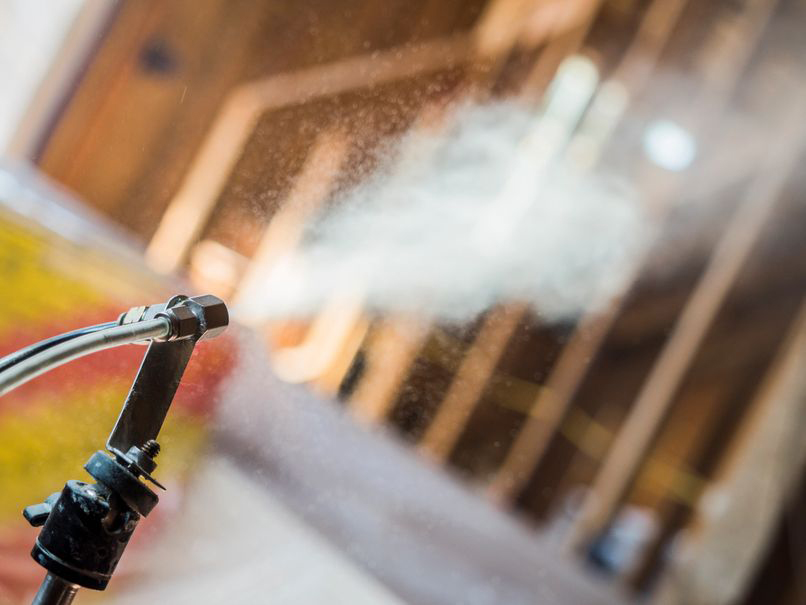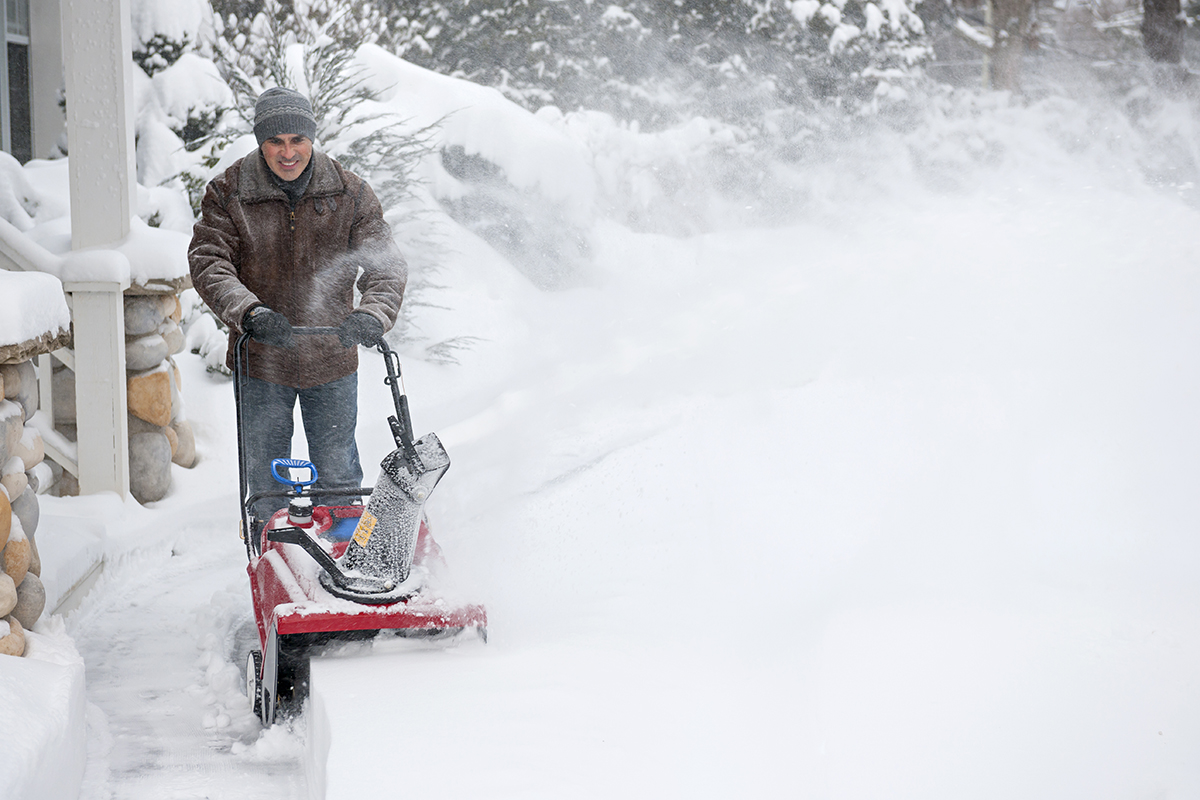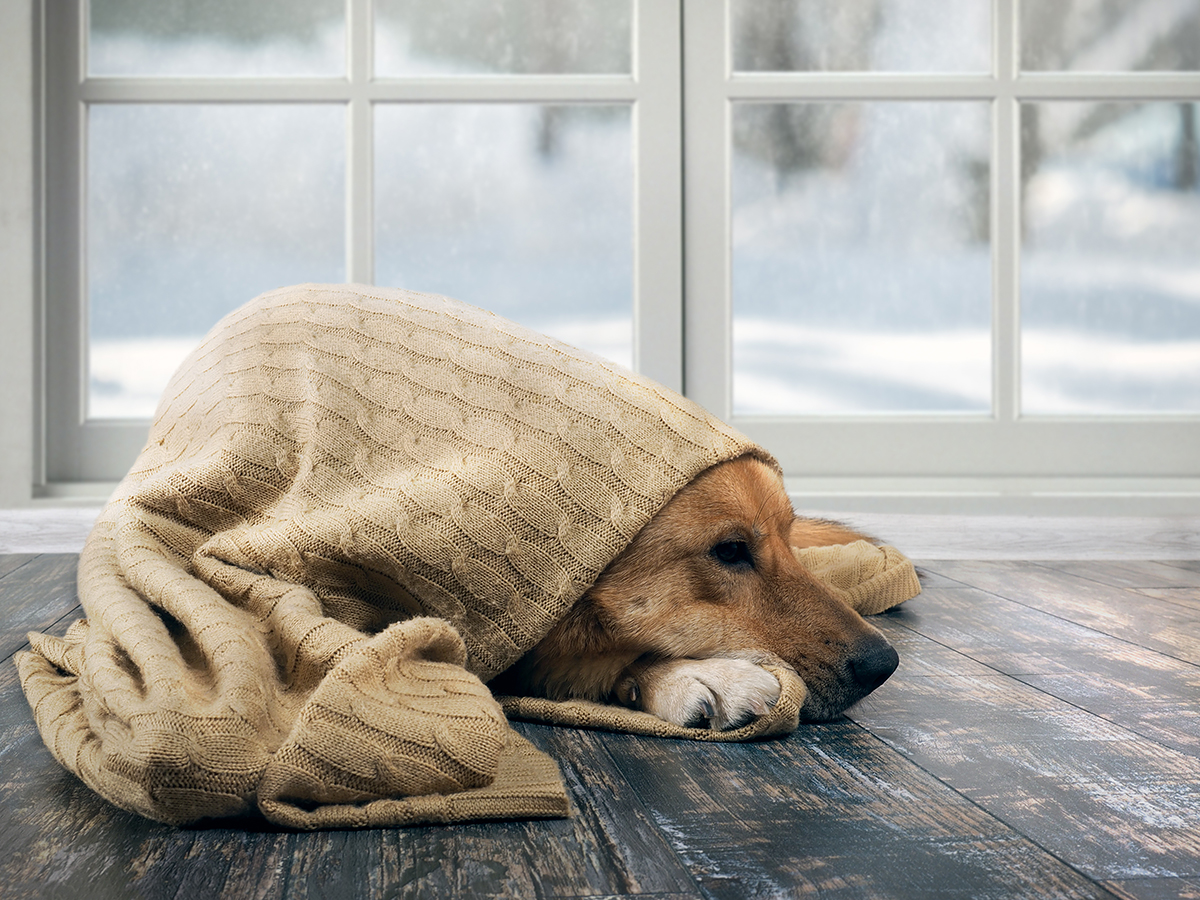WRITER | PAM TOIGO
PHOTO| ROMAN ROMANIUK
Catastrophes come in various forms, and many strike with little or no warning. For instance, flooding can be the result of severe weather, sure, but also frozen pipes or a leaky roof. With so many potential disasters, from tornadoes to ice storms, that can wreak havoc on your home, it makes sense to be as prepared as possible to help minimize any damage.
We’ve all heard preparedness tips before, but it is never a bad idea to refresh our memories occasionally.
Start by making sure that you keep the basics on hand: a first-aid kit, bottled water, canned goods, and other nonperishable food and necessities. And don’t forget pet food, too!
Do your research and take advantage of expert sources of information. The Red Cross recommends that you create a three-step emergency plan. Start with a family discussion that covers how to prepare and respond to the types of emergencies that are likely in your area. Next, identify specific roles and responsibilities for each member of your household and decide how you can work together as a team when a crisis arises. Lastly, do a trial run, practicing as many elements of your plan as possible.
When it comes to protecting your family and your home, insurance companies can be another great resource. “Be prepared and always consider safety first,” says Adrienne Woodland, spokesperson for AAA. In addition to having flashlights and plenty of batteries on hand in the event of a power outage, it’s important to know where they are when you need them most. “Beware of candles,” she adds. “They can be a fire hazard.”
It’s also important to keep your phones charged and insurance information handy. Most companies like AAA have a toll-free number available to customers 24 hours a day, seven days a week.
As Woodland explains, routine home maintenance can help to prevent some disasters. Keep up with proper furnace maintenance, for instance, and have your gutters cleaned seasonally to clear debris. Other critical upkeep includes checking your smoke and carbon monoxide detectors monthly to make sure they’re working, and replacing the batteries twice a year.
If you do have flooding or water damage, don’t enter a room with standing water when the electricity is on or use an ordinary household vacuum to remove the water. You should also avoid electrical appliances in a room with wet floors and call for professional help immediately. “Bacteria can develop in hours,” says Woodland.
Lastly, you can check with others in your community for emergency preparedness tips, including the police or fire department. They may have recommendations specific to your area.
With a little preparation, you, your family, and your home will be ready if an actual disaster strikes.








